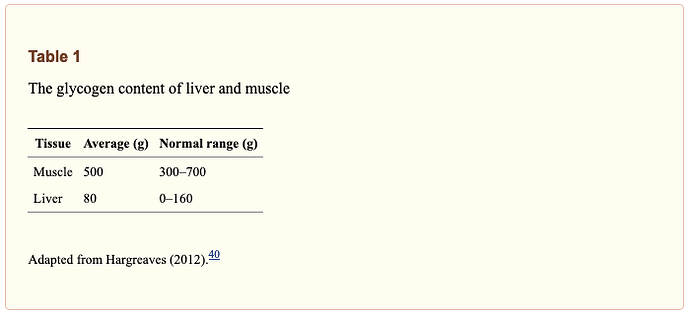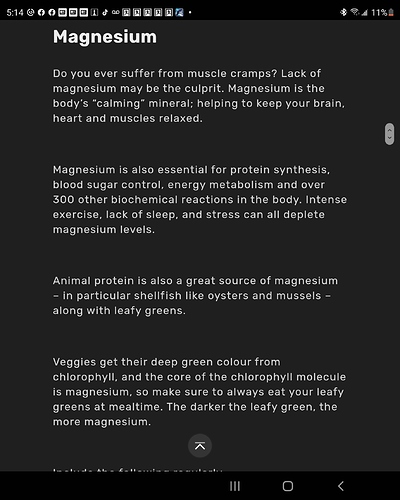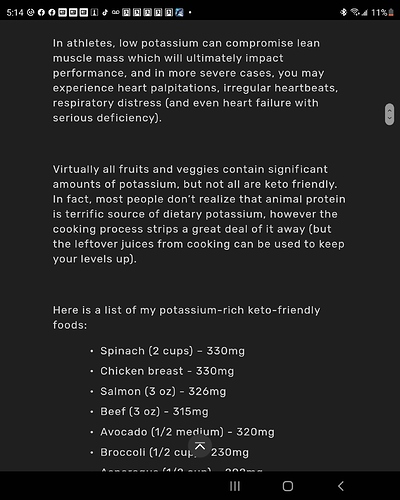So, the premise of the video debunking Paul Saladino’s reasoning for adding carbs to his diet was that adding more protein would cause an increase in blood sugar due to gluconeogenesis thus causing the consumer to exit ketosis. This exiting ketosis was a necessary part of the daily cycle and prevented electrolyte wasting.
Unfortunately, no evidence was presented in the attempt to debunk Paul Saladino. I may try to do a little research into this, but I’ve been keto for four years and haven’t ever seen any mention of anything like this. I will post links if I find anything.
In the mean time, I have now upped my salt to approximately 2 teaspoons a day, not including what’s in or on my food. Yesterday was the first day making it to those two teaspoons. I have to say, my heart palpitations were much better. Also, my need to be constantly sipping water has also gone away. I had to actually remind myself to have something to drink today. I’m not sure if that’s a good thing, lol, but that brings me back to a post I made some time ago about water consumption.
When I was a kid, I certainly didn’t walk around with bottles of water in my hands. In school, I got a drink during bathroom break or during lunch. There were some water fountains on the playground. I probably drank some during recess. People who live in places around the world without running water probably are not constantly “hydrating” during the day.
If we are following a keto way of life and believe it is healthier because it is closer to how our early ancestors ate, why do we drink water all day long? What has changed that we all carry around bottles of water needing to drink all day?
Edit: First article, not really a research article.
https://www.virtahealth.com/blog/sodium-nutritional-ketosis-keto-flu-adrenal-function



